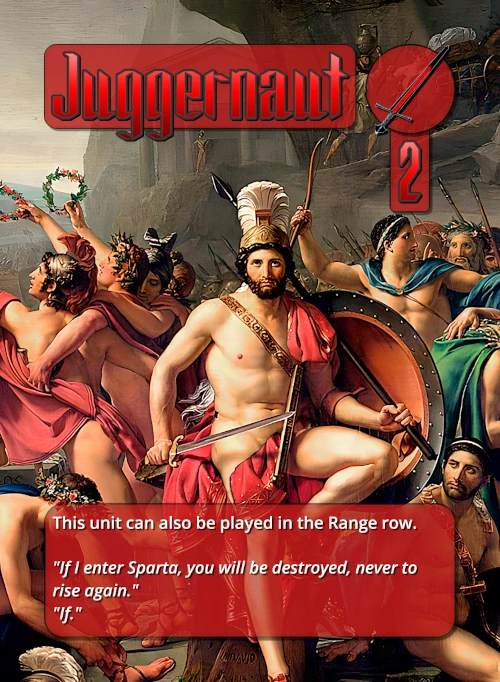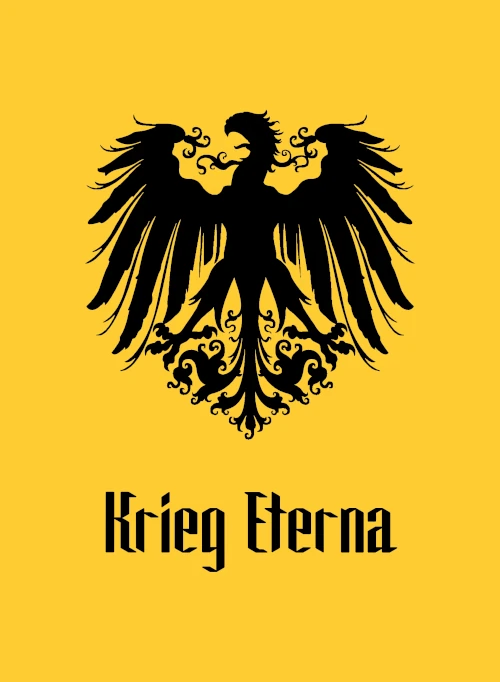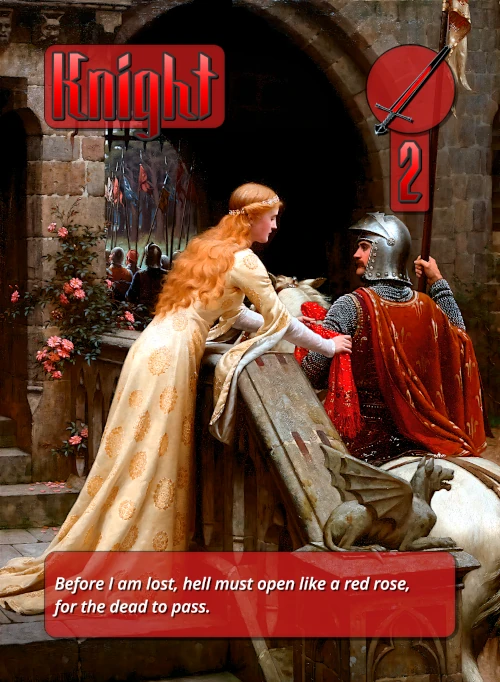Strength: 2
Type: Melee Unit
Effect Text: This unit can also be played in the Range row.
Flavor Text: "If I enter Sparta, you will be destroyed, never to rise again." "If."
Flavor Source: Plutarch, De garrulitate
Artwork: Leonidas at Thermopylae by Jacques-Louis David (1814)
Strategy:
Juggernaut is a formidable spearman, and as such, he is adept in both close-quarters and ranged combat. This gives you flexibility in creating adjacency with your other units.
About the card:
It is 490 B.C., The Persian Empire stretches from India to Anatolia; from the Aral Sea to the Nile River and King Darius I , the King of Kings and ruler of Persia, seeks subjugation from the Greek city states at the north-western extreme of his empire. Many of the Greek cities submitted not wanting to meet the same fate as the Ionian Greeks who had revolted and lost against the Persians in the previous ten years. So now, with the Persian army arriving from the sea and destroying many cities along the way to Greece, Athens and Sparta stand alone against the world's largest empire.
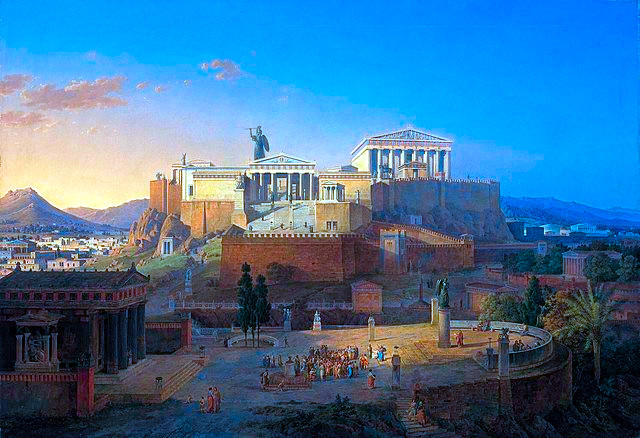
After besieging and razing Eretria, the Persian fleet moved to the bay of Marathon looking for a place to stage the siege of Athens. The Athenians met the Persians in battle at the mashes of Marathon and after five days of waiting and fighting drove the Persians into the Aegean Sea. For many of the victors, this was the most important day of their lives. They had shown the world (and more mostly themselves) that with courage and coordination, the relatively small citizen armies of Greek hoplites could fight, and win, against a much more powerful enemy.

Marathon was so significant to its participants, having saved their country for a time, that even Aeschylus, who is considered the father of the greek tragedy and was widely renown in his own time, made no mention of his literary achievements on his epitaph:
Beneath this stone lies Aeschylus, son of Euphorion, the Athenian,
who perished in the wheat-bearing land of Gela;
of his noble prowess the grove of Marathon can speak,
and the long-haired Persian knows it well.
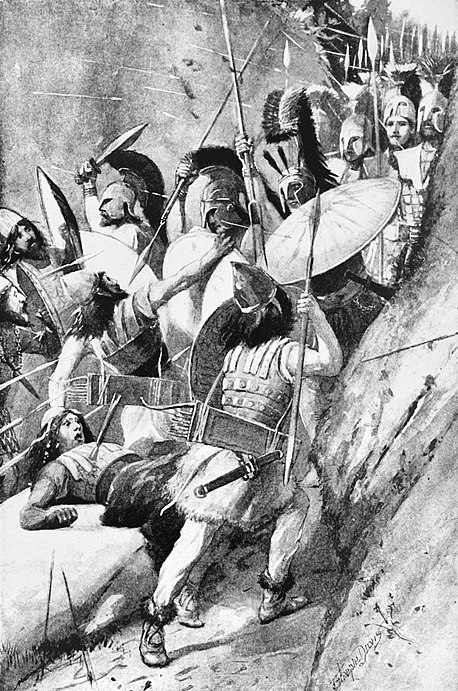
10 years would pass before the Greeks would be tested again. In order to delay the Persian advance led by Darius' son Xerxes, the Greek allies set up at the pass at Thermopylae. In the ensuing battle, 300 Spartans and the king of the Spartans, Leonidas, would be slain, but much of the Greek force successfully retreated. After the battle, Athens would be taken and burned by the Persians. In the following year of warfare, the Greeks would maintain their independence and the Athenians would come to dominate the Greek and Anatolian coastlines.



